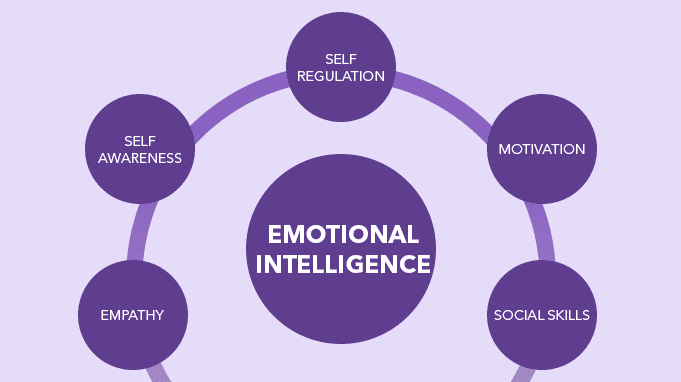
Have you ever been involved in a heated argument or a twisted game of “You said, I said,” “No, I do not mean it like that, this is what I meant,” or “Please explain yourself to me, because I do not understand?” with someone? Yes, that kind of conversation. I think we all have travelled down that winding road before. It’s amazing how we can have such diverse perspectives on a similar event. This is primarily because we differ from one another, not just in body image, but also in our mental image—how we think, move, and perceive the world around us. We have the right to feel, express, and take responsibility for our feelings. Depending on the events and how they have played out, I can assure you that you will experience a variety of emotions throughout a given day, including joy, impatience, frustration, contentment, sadness, anxiety, and anticipation. Because we are the physical manifestation of our genetic makeup, your emotional experience, processing, and expression are both natural and nurtured.
What this means is that emotions are a part of your genetic legacy and the combination of every experience starting from the day you were born.
The way we express our feelings may be influenced by our personalities. Either you are someone who prefers to keep your feelings to yourself or you openly share them. Whatever the case may be, your feelings have a significant impact on your behavior—your words, deeds, and facial expressions—and they also determine and influence how effectively you carry out your day-to-day activities. Imagine a world without any feelings at all. A not-so-pleasant location or state. The capacity to perceive, control, and evaluate one’s emotions is referred to as emotional intelligence, or EQ. Emotional intelligence, according to some studies, is an inborn personality trait with little room for improvement, while others claim that it can be learned and improved over time. Studies have identified, four different levels of emotional intelligence: The lowest levels involve perception and expressing emotion, while higher levels require greater effort of conscious involvement regulating emotions.
Understanding nonverbal cues like body language and facial expressions is part of emotional perception. Emotional reasoning: Emotions aid in the development of thinking and cognitive activity. The capacity to comprehend emotions Because our perceptions of emotions can be hazy, it is essential to accurately comprehend the emotions of others to steer clear of misunderstanding, negativity, and presumptions. The capacity to effectively control one’s emotions—The capacity to control one’s emotions is the most important and highest level of emotional intelligence. Regulating ones’ self-emotions and responding appropriately to the emotions of others are vital aspects of emotional management and intelligence.
Better relationships, enhanced well-being, and improved communication skills can all be achieved through an understanding of one’s own emotions. You can start by learning how to keep quiet (resist the urge to comment or respond), listen more (pay attention to what others are really saying), and show empathy (how would you feel in their situation?) in order to improve your emotional intelligence. Last but not least, consider your actions and choices. Because these will be directly influenced by how you feel, it can help you develop your emotional intelligence to take stock of your interactions throughout the day and note areas in which you can improve. Self-awareness, thinking skills, empathy for others, and conflict management skills will all improve with improved emotional intelligence. When presented, you will be able to apply and master the following skills as your emotional intelligence improves: the capacity to accept responsibility and criticism the capacity to recover from an error Being able to decline requests when necessary The ability to express your feelings with others.
An understanding of how to mutually solve problems
the capacity to show compassion enhanced listening abilities an awareness of the reasons behind your actions Avoid passing judgment on other people. Keep in mind that feelings are a part of who you are and that it’s okay to feel them. The key is to understand and harness the positive attributes of emotions to its full potential. Today is the time to take charge of your emotional intelligence—it will be of great benefit to you and to others.



